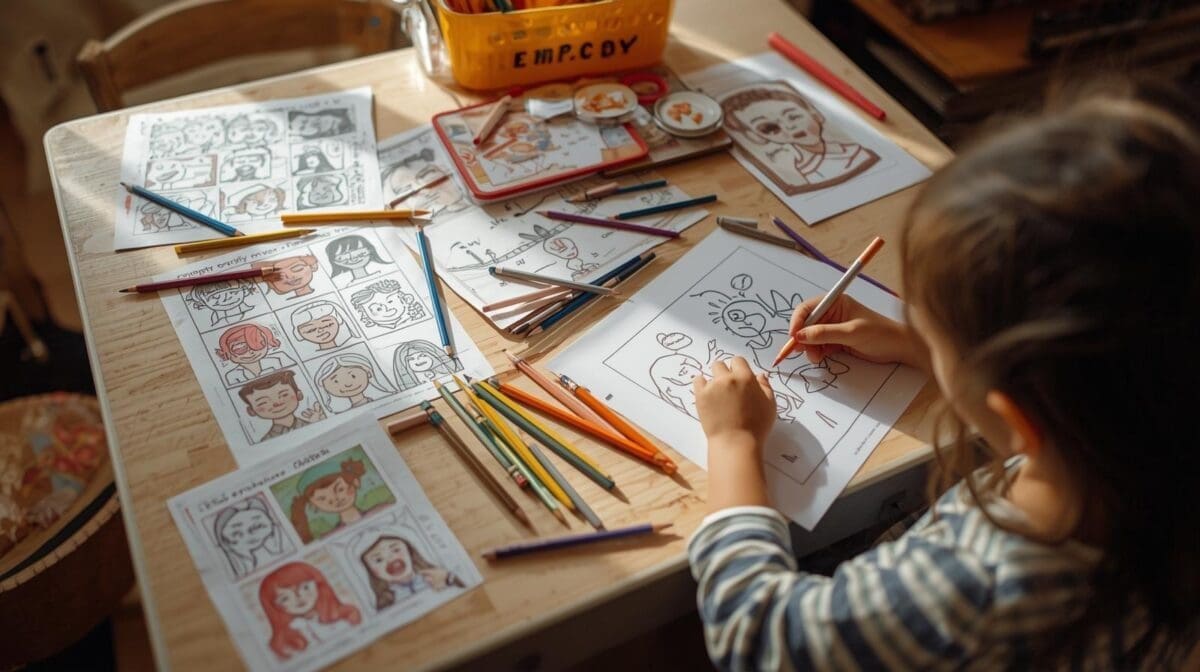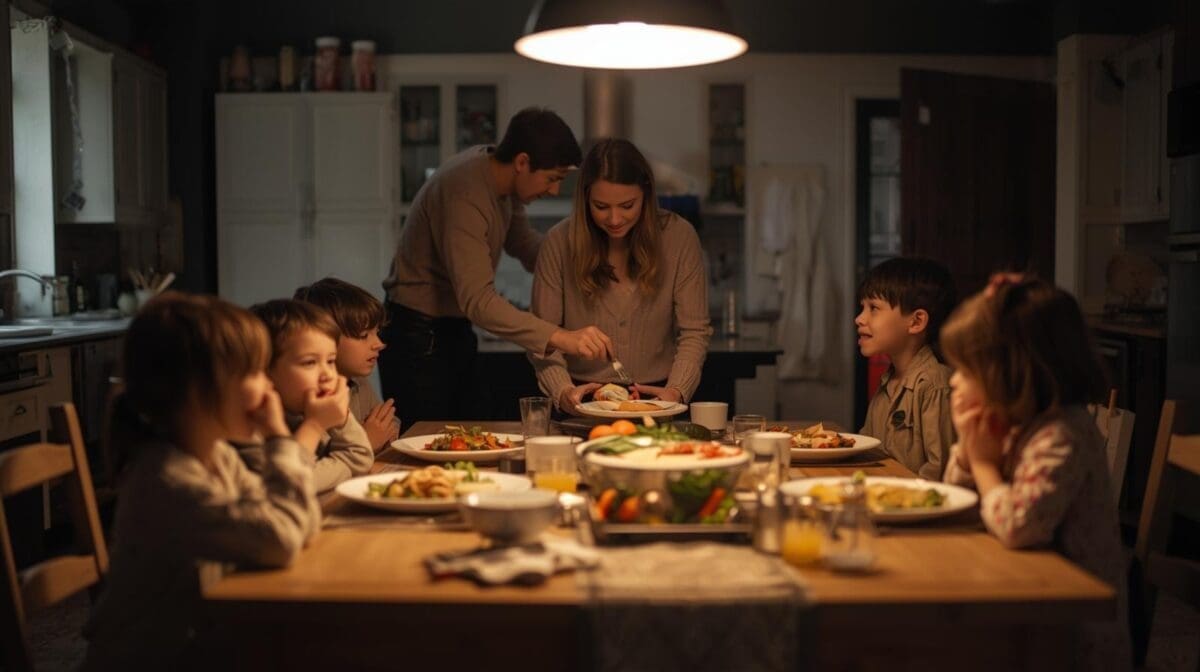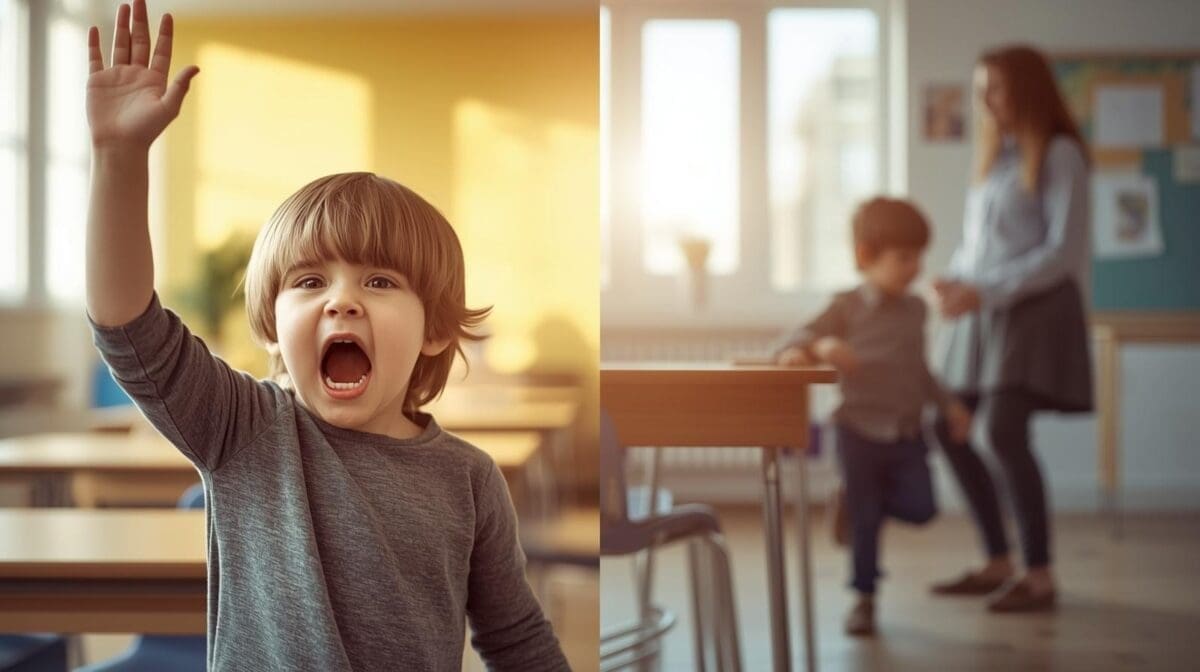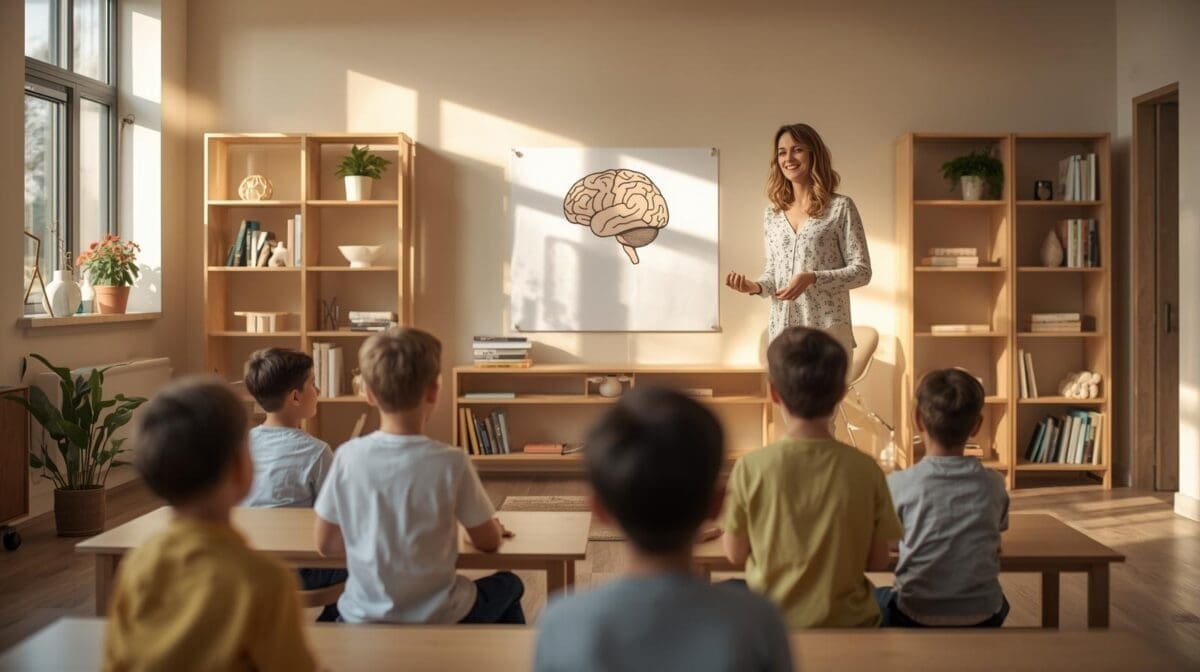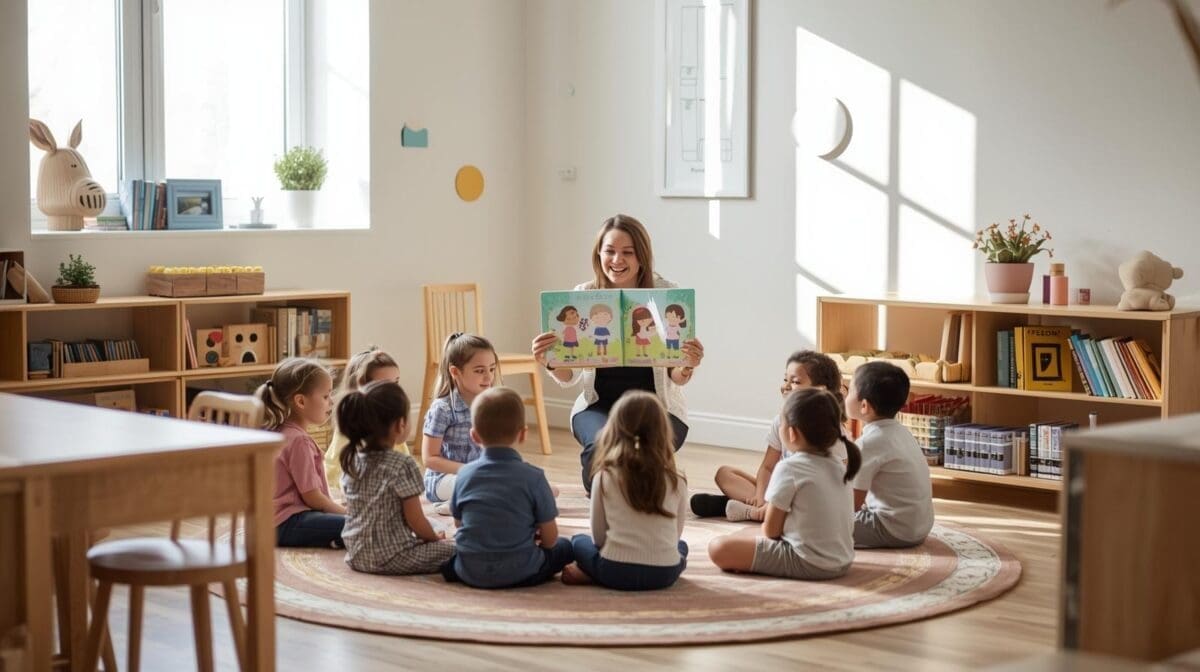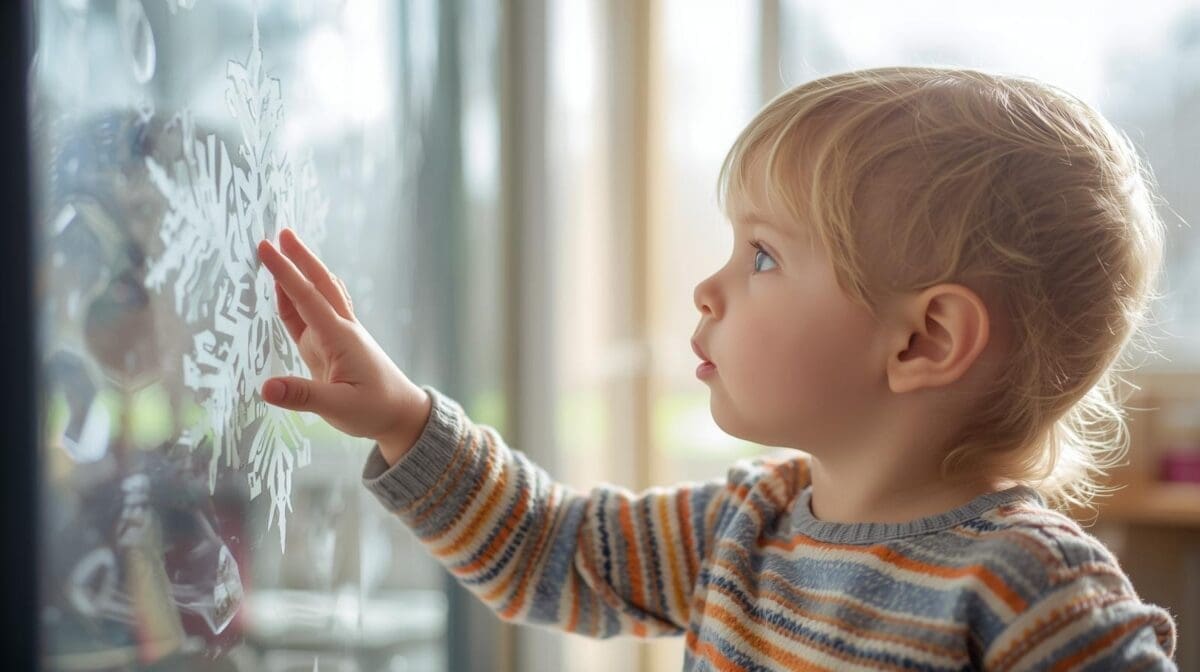Empathy Worksheets for Kids: Fun & Creative Ways to Build Compassion
Empathy — the ability to understand and care about how others feel — is one of the most important social-emotional skills kids can learn. But teaching empathy doesn’t have to be complicated. With the right worksheets and creative activities, children can explore feelings, practice perspective-taking, and strengthen their ability to connect with others. Here are […]
Empathy Worksheets for Kids: Fun & Creative Ways to Build Compassion Read More »

